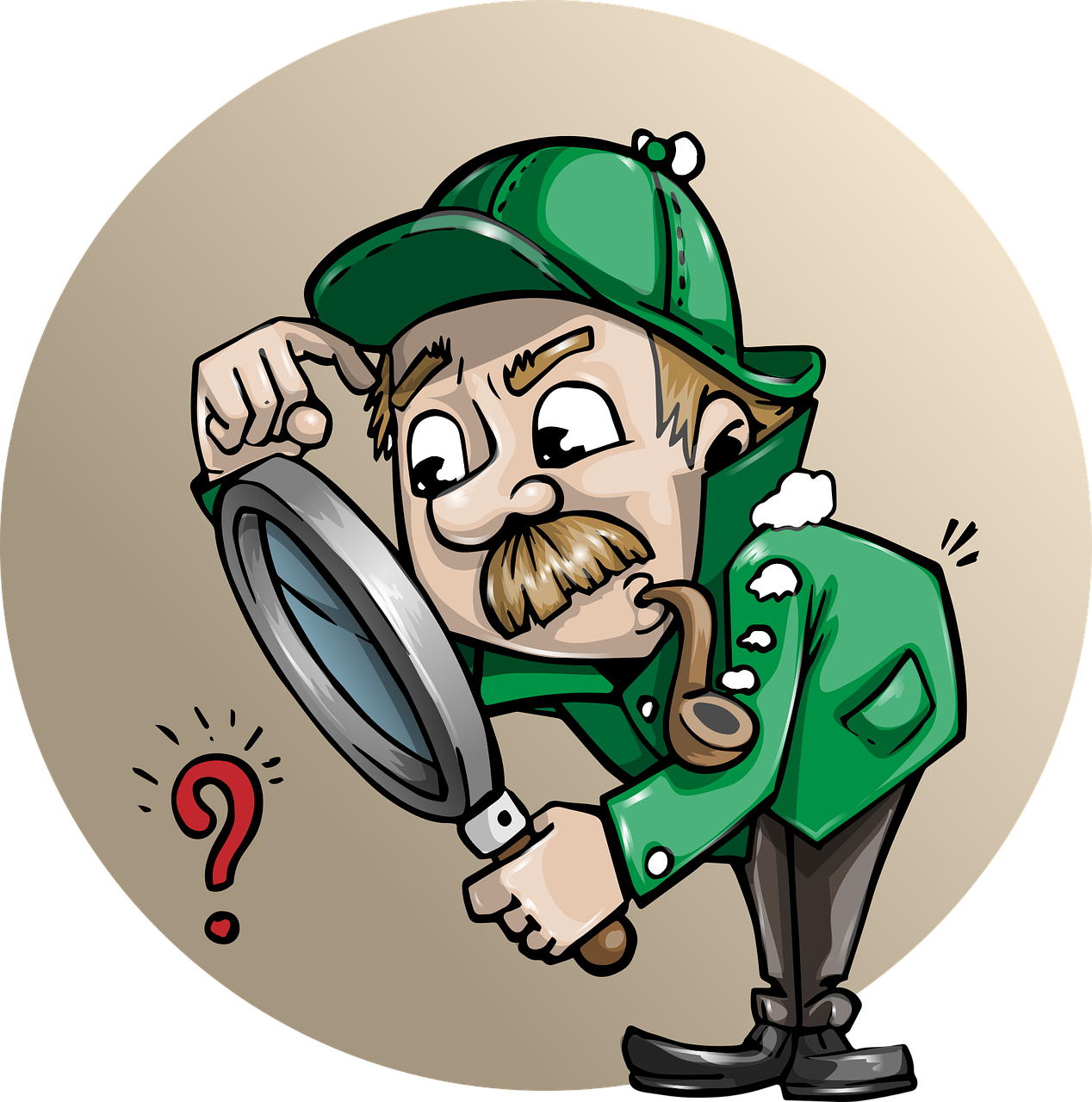Can you be tracked with a VPN?
Last updated on June 10th, 2022 in VPN

VPNs are a great tool to safeguard your data and privacy online. That’s arguably the second most common reason individuals use VPNs in the first place, after unblocking geo-restricted content.
Your web activity and IP address can no longer be traced when you use a VPN. Will a VPN, however, ensure your online privacy? Is it possible for someone to listen in on your online activities? Well, a lot depends on your online behavior and the VPN’s dependability. Only one question is likely on your mind: can you be tracked with a VPN?
In this little piece, we’ll discover out.
Table of contents
Your IP address changes when you connect to a VPN (virtual private network) server, and all data transmission on your device is encrypted. If you use the internet in Australia but connect to a VPN server in the United States, your IP address will change and you will appear online with an American IP address.
Encryption, on the other hand, scrambles data, making it appear as gibberish to anyone who attempts to read it. Your online actions become unreadable to snoopers if you use a reliable VPN service.
However, this does not mean you are completely anonymous online. VPN usage can be detected by Internet service providers (ISPs), websites, and even governments. They may not be aware of your internet activities, but they will be aware.
Your online traffic and IP address can no longer be tracked. However, you may still be monitored if you utilize a low-quality VPN. By routing your activities through a VPN server, a premium VPN encrypts data and masks your IP address; if someone tries to follow you, all they’ll see is the VPN server’s IP address and gibberish.
Even if you use a VPN, your web browsing could be traced in the following ways:
A good anti-malware tool is the strongest line of defense against malware (also called anti-virus software). If you want some suggestions, look into Malwarebytes or ESET.
Aside from that, take the following steps to safeguard your data from malware and phishing attacks with password managers such as LessPass and Bitwarden.
On all of your accounts, enable 2FA (two-factor authentication) or MFA (multi-factor authentication).

Free VPNs have to generate money somehow, and one of the most common ways is to sell your data to third parties. Some free VPNs will track and log your overall connection data. This information comprises your IP address, the IP address of the website you’re trying to access, connection time, and data transmitted.
As you can see, tracking this information reveals pretty much everything you’re doing online and provides no privacy, rendering a VPN useless.
Your data becomes exposed again, if your VPN disconnects. Your ISP will be able to see what you`re doing online, as well as the websites you’re visiting. Premium VPNs come with a killswitch feature which immediately takes all of your devices offline, if your connection to the VPN suffers.
Some VPNs may accidentally reveal your actual IP address through DNS leaks. HideIPVPN prevents DNS leaks by exclusively using our own DNS servers.
You may also be tracked if you are using a free VPN service. Unless you pay for the VPN yourself, your VPN provider may be logging your activity and selling this valuable data to a third party.
The best VPNs are the ones that not only protect your privacy but also hide it. They do this by blocking all identifying information from appearing on websites or in logs, so you can surf without being tracked. However there are some parameters:
Some VPN protocols use specific port numbers to establish a connection. This makes it easier to connect to the VPN. For example, some VPNs use port number 1194 while other VPNs use port number 443. By knowing the port number of your VPN connection, you can tell which type of VPN connection you’re using.
Deep Packet Inspection is the process of examining the structure of each data packet that passes through. It has many useful uses, such as blocking spam and malware. However, it can also be used to identify VPN traffic. This is used by the Chinese government to block VPNs.
HideIPVPN offers a VPN service with military-grade encryption, and high-speed servers with unlimited bandwidth.
Our service comes with shared IP addresses so that your activity can never be tied to one particular user, further protecting your privacy.

We also offer DNS leak protection, a Kill Switch, the latest VPN protocols, and a guaranteed no-log policy.
Every purchase you make comes with a 30-day money-back guarantee.
Your ISP is unable to decipher the contents of your internet traffic or determine where it is traveling to or from when you use a VPN. That means your ISP will not be able to observe what websites you visit or what you do when connected. Only encrypted data traveling to a server is visible to it.
It’s possible that your ISP will discover that the server you’re using is connected to a VPN. VPNs are 100 percent legal in the United States, however, and no American ISPs that we know of block or slow traffic to VPN servers.
Is my VPN visible to my ISP? Your ISP can only see encrypted data traveling to a server when you use a VPN. They have no way of knowing what’s in your traffic or where it’s going. When you use a VPN, your ISP won’t be able to see what websites you visit or what you do online when connected to a VPN.
Unless you’re using a VPN, you should presume that your ISP is tracking you. Your ISP must connect you to the websites you visit in order to provide you with the internet connection you pay for. The ISP can track every website you visit if your traffic is routed automatically.
An Internet service provider may be required to keep records of these visits, as well as your metadata, for up to two years depending on where you live. Checking on the status of data retention laws where you live is a good way to see if your ISP is tracking you. In the UK, for example, ISPs must preserve records of everything you do online for twelve months.
Various government agencies can then access this information.
Things are arguably worse in the United States. ISPs are legally able to not only keep track of what you do online, but also to sell that data to any third party willing to pay for it.
This encourages ISPs to keep as much information about you as possible and to find methods to profit from it, such as selling it to marketing firms or data brokers. It also implies that your surfing history is available for government snoops at the NSA to access with a warrant if they so desire.
As previously stated, governments have the ability to determine whether or not you are utilizing a VPN service. For example, the so-called Great Firewall of China utilizes DPI and other technologies to recognize and block VPN traffic. Fortunately, HideIPVPN’s obfuscated servers assist circumvent some of these VPN detection measures, making them ideal for connecting from a censored location. They disguise your VPN connection by making it appear as normal internet traffic.
Is it possible to monitor VPN-encrypted traffic? It is contingent on the VPN. Even if the government approached the VPN provider, the service would not be able to send over your activity logs because they don’t have any to begin with if the VPN has a no-logs policy.
Some VPN services agree to include backdoors in their software.
It all depends on how you act. If you use your Google account to access the internet, it can track your online activities back to you. Because a VPN alters your virtual location, it may appear that you’re browsing websites from another country, but Google will still be able to identify you.
Assume you’re logged into your account while connected to a VPN server. You go to YouTube and look at some cute puppy videos. You may still see lovely dogs in your suggestions the next time you visit the website without using a VPN.
Google can also track you online in other ways. Cookies and browser fingerprinting, for example, can be used to track your online activities.
because of how powerful a VPN is, there has been some question as to whether or not it can be tracked by others. In general, many people believe that if they use a strong encryption protocol and keep their connection to the VPN server anonymous, then it is indeed possible to hide their activity from others. However, there are some ways that a VPN connection can be tracked and if you’re not careful, you could wind up revealing your identity or location.
Choose a reputable VPN provider and browse worry-free.